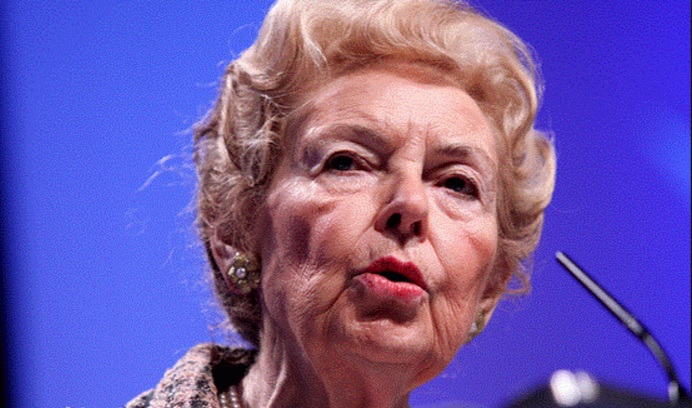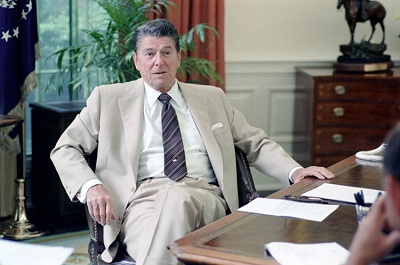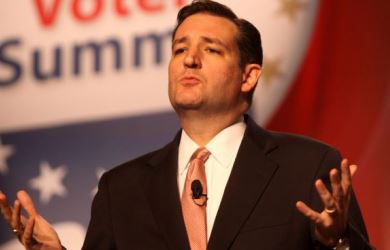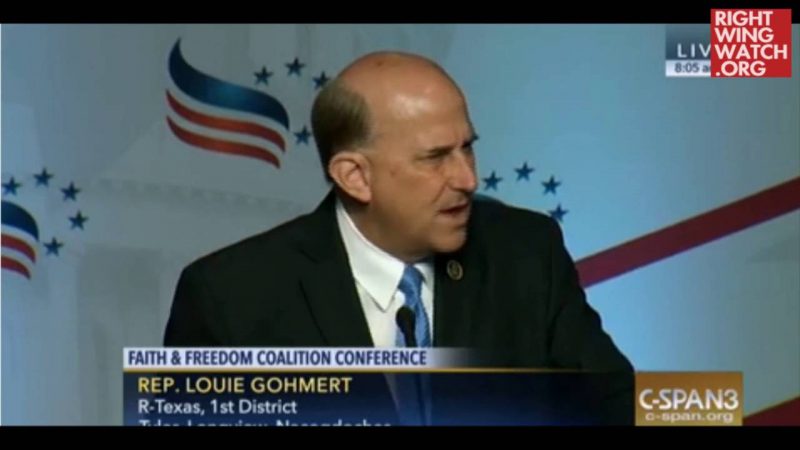Pat Buchanan helped craft Ronald Reagan’s strong stance against sanctions on South Africa’s apartheid regime, and in a column today questions former Secretary of State James Baker’s claim that Reagan regretted his veto of sanctions legislation.
Buchanan writes that he “never heard a word of regret” from Reagan and “nor should there have been any,” since Reagan’s opposition to sanctions was “both courageous and correct.”
“Reagan was determined to block Moscow’s drive to the Cape of Good Hope. And in that struggle State President P. W. Botha was an ally,” Buchanan writes of the apartheid leader.
His treasury secretary, James Baker, said Sunday that Reagan likely regretted this veto. But having worked with the president on his veto message and address on South Africa, I never heard a word of regret.
Nor should there have been any.
For in declaring, “we must stay and build not cut and run” from South Africa, Reagan, whose first duty was the defense of his nation in the Cold War with the Soviet empire, saw not only the moral issue but the strategic imperative.
…
Reagan was determined to block Moscow’s drive to the Cape of Good Hope. And in that struggle State President P. W. Botha was an ally.
…
Calling capitalism “the natural enemy of such feudal institutions as apartheid,” Reagan noted it was not in the Great Depression but in the prosperity of the 1960s that segregation collapsed in the USA.
While decrying the Pretoria regime’s repression, Reagan also attacked “the calculated terror by elements of the African National Congress – the mining of roads, the bombing of public places” and the “most common method of terror … the so-called necklace.
“In this barbaric way of reprisal, a tire is filled with kerosene and gasoline, placed around the neck of an alleged collaborator and ignited. The victim may be a black policeman, a teacher, a soldier, a civil servant – it makes no difference, the atrocity is designed to terrorize blacks into ending all racial cooperation and to polarize South Africa as a prelude to a final climactic struggle for power.”
In his speech, Reagan called specifically for Nelson Mandela’s release, and the release of all political prisoners.
Not for four years would Mandela be let go. But when he was, he, like Reagan, recognized that just as Xhosa and Zulu built South Africa, so, too, had 5 million Boers and Brits. And peace between them – reconciliation, not reprisals, not revenge – was essential if the promise of the country was to be realized.
Undeniably, the American right was suspicious of Mandela and an ANC that condoned and practiced terrorism in the struggle for power, and aligned with enemies like Moammar Gadhafi and Fidel Castro.
…
As for Reagan’s veto, issued in the face of a certain override during a major epidemic of moral posturing, it was both courageous and correct. No regrets needed.








